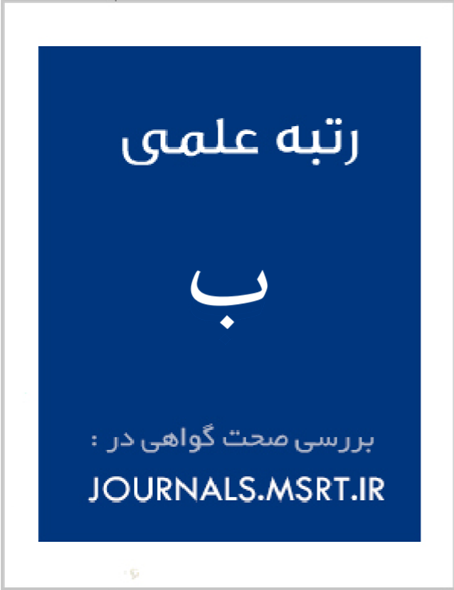شناسایی شاخصهای خودکنترلی اخلاقی بر مبنای آموزههای نهجالبلاغه
کلمات کلیدی:
نهجالبلاغه, خودکنترلی اخلاقی, تحلیل مضمون, اخلاق اسلامی, آموزش دینی, روانشناسی اخلاقیچکیده
هدف این پژوهش شناسایی شاخصهای خودکنترلی اخلاقی بر مبنای آموزههای نهجالبلاغه با رویکردی کیفی و تفسیرمحور است. این مطالعه به روش کیفی و با بهرهگیری از تحلیل مضمون انجام شده است. دادهها از طریق مصاحبههای نیمهساختیافته با ۲۰ نفر از متخصصان و استادان حوزه اخلاق اسلامی، معارف دینی و نهجالبلاغه در شهر تهران گردآوری شد. نمونهگیری به صورت هدفمند انجام گرفت و تا رسیدن به اشباع نظری ادامه یافت. متن مصاحبهها بهصورت واژهبهواژه پیادهسازی و با استفاده از نرمافزار NVivo تحلیل گردید. اعتبار دادهها از طریق بازبینی مشارکتکنندگان، همتایان و ثبت مراحل تحلیل تضمین شد. یافتههای پژوهش منجر به استخراج سه مقوله اصلی شامل «خودآگاهی اخلاقی»، «مدیریت تمایلات و انگیزهها» و «التزام عملی به ارزشها» شد. هر یک از این مقولهها شامل زیرمقولههایی مانند شناخت نفس، محاسبه نفس، مهار خشم، تعدیل شهوت، وفاداری به عهد و پرهیز از گناه پنهان بودند که هریک دارای کدهای مفهومی متعددی بودند. این شاخصها بازتابدهنده برداشتهای عمیق از مفاهیم اخلاقی در نهجالبلاغه هستند. یافتههای این پژوهش نشان میدهد که خودکنترلی اخلاقی در آموزههای نهجالبلاغه نهتنها یک مهارت روانی، بلکه یک فضیلت اخلاقی-معنوی با ابعاد شناختی، هیجانی و رفتاری است. بهرهگیری از این شاخصها میتواند در طراحی برنامههای تربیتی اسلامی و توسعه الگوهای بومی خودکنترلی مفید واقع شود.



